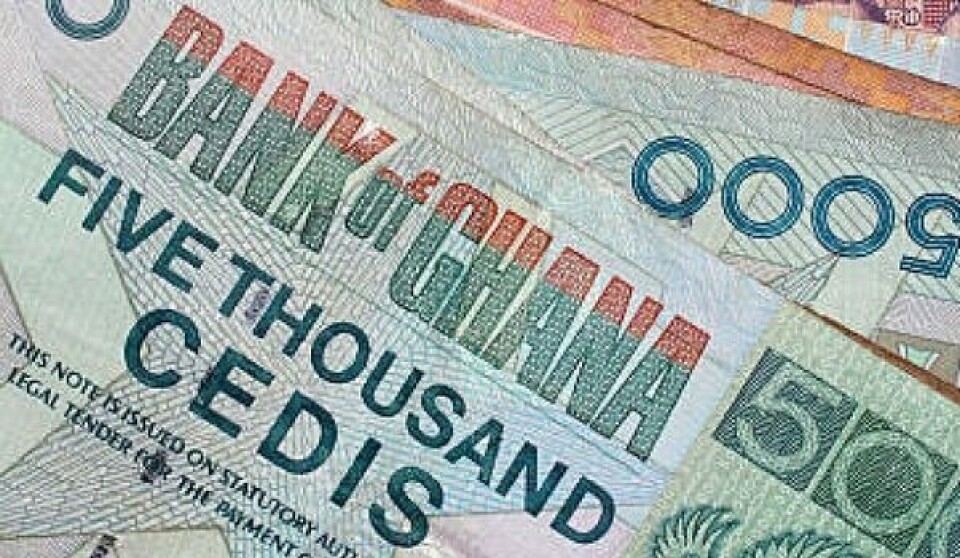The government's decision was referred to as "unconscionable" in a notification by a bondholders’ group inviting persons who were affected to join the class action lawsuit. The statement read, "Government cannot be permitted to utilise its power to suffocate Ghanaians."
The Domestic Debt Exchange Scheme, which was proposed by Ghana’s finance minister, Ken Ofori-Atta, aims to restructure Ghana’s debt.
Individual bondholders were initially excluded from the debt exchange scheme, as the government was hoping to instead resort to including the pension funds of members of the Trades Union Congress (TUC). However, this was fiercely resisted by the TUC, compelling the government to include individual bondholders in the scheme.
It is unclear if these bondholders will be successful with their suit, given that the finance ministry had previously warned that it would be difficult for individual holders of qualifying bonds to win a judgement against the government of Ghana if they refused to accept the Amended and Restated Exchange Memorandum under the debt exchange programme offered by the state.
In the 58-page memorandum Ofori-Atta emphasised to individual bondholders that because Ghana is a sovereign state, it would be challenging for any legal action taken by bondholders against the nation to succeed under the heading "Enforcement of Civil Liabilities".
"Ghana's Republic is a sovereign nation. Therefore, it might be challenging for eligible bondholders to seek or realise awards against the Republic,” he said.
Domestic bondholders who participate in the initiative will see their investment's term lengthened and interest rates slashed significantly. Additionally, investors in dollar-denominated Eurobonds will have to deal with interest rate reductions and the potential loss of up to 30% of the initial investment.
Bonds maturing in 2023 will get their coupons from 2027 through 2033, and those maturing in 2024 will get their coupons from 2027 through 2038.
A statement from the Ministry of Finance explained that the restructuring aims to restore economic stability, but the opposite could actually happen as bank capital reserves would be drastically drained, leading to a lack of liquidity and, in the long run, fiscal instability.
Concerns have also been raised over individual bondholders possibly incurring huge losses if this programme is implemented. Financial analysts predict that the restructuring of loans would worsen the living conditions of Ghanaians since they use these coupon payments to cover costs such as school fees, rent, and other expenses.
Although Ofori-Atta is quoted as saying this is a voluntary programme, the finance ministry believes low participation in the programme would frustrate "the government’s efforts to resolve the current crisis and the expected international support", which will put "further strains on the government’s capacity to honour its commitments and repay its debt".
To join Africa Legal's mailing list please click here

